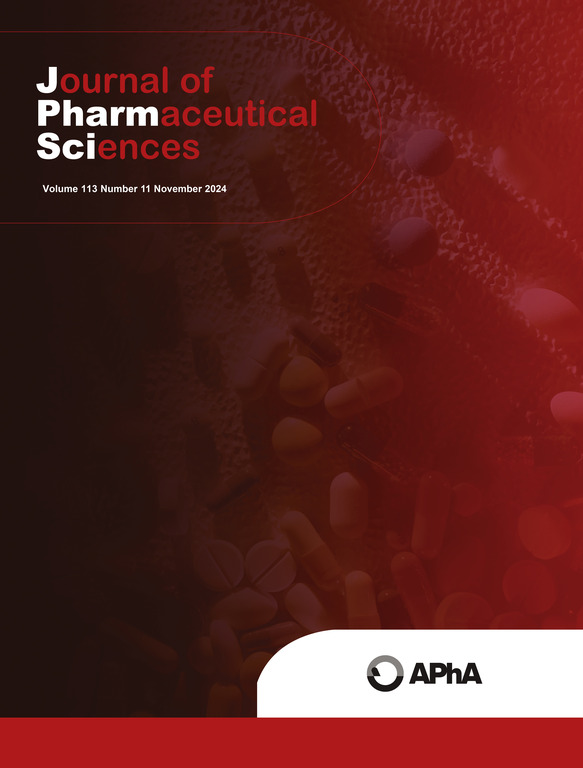验证Otto: Franz扩散池自动进样器自动化体外渗透研究。
IF 3.7
3区 医学
Q2 CHEMISTRY, MEDICINAL
引用次数: 0
摘要
Franz扩散池(FDC)是一种常用的体外药物渗透评价仪器。传统上,它需要手工取样和重新灌装,这需要复杂的日程安排,而且耗时和劳力密集。本研究的目的是开发和验证FDC自动进样器Otto,该进样器可以改装为通用FDC,以自动采样和再填充。以亚甲基蓝(MB)作为模型药物,评估样品的体积一致性和准确性。Otto获得了高度一致的样本量(变异系数,CV = 3.2%),超过了人工操作的一致性(CV = 7.4%)。在多个采样-填充周期中测量的MB量反映了理论量,以及通过手动操作确定的量。在体外布洛芬渗透研究中,奥托在无人看管的情况下,在24小时内收集了多达100个样本。样品被收集到标准样品瓶中,与下游分析设备无缝集成。与人工采样相比,Otto提高了渗透数据的质量,通过全天候自动采样来有效地维持FDC中的汇状态。因此,它为使用FDC的渗透研究提供了一种经济高效、高性能和可靠的自动化解决方案。本文章由计算机程序翻译,如有差异,请以英文原文为准。
Validating Otto: a Franz diffusion cell autosampler to automate in vitro permeation studies
The Franz diffusion cell (FDC) is a common apparatus for evaluating in vitro drug permeation. It has traditionally necessitated manual sampling and refilling, which requires complex scheduling, and is time-consuming and labour-intensive. The aim of this study was to develop and validate a FDC autosampler, Otto, that could be retrofitted to generic FDCs to automate sampling and refilling. Methylene blue (MB) was used as a model drug to assess the volume consistency and accuracy of the samples. Otto achieved highly consistent sample volumes (coefficient of variation, CV = 3.2 %), surpassing the consistency of manual operation (CV = 7.4 %). The amount of MB measured across multiple sampling-refill cycles mirrored the theoretical amount, as well as the amount determined through manual operation. Otto collected up to 100 samples unattended, over 24 h, in an in vitro ibuprofen permeation study. The samples were collected into standard sample vials to integrate seamlessly with downstream analytical equipment. Otto improved the quality of the permeation data over manual sampling, by sampling automatically around the clock to effectively maintain sink condition in the FDC. It therefore offers a cost-effective, performant and reliable automation solution for permeation studies that use the FDC.
求助全文
通过发布文献求助,成功后即可免费获取论文全文。
去求助
来源期刊
CiteScore
7.30
自引率
13.20%
发文量
367
审稿时长
33 days
期刊介绍:
The Journal of Pharmaceutical Sciences will publish original research papers, original research notes, invited topical reviews (including Minireviews), and editorial commentary and news. The area of focus shall be concepts in basic pharmaceutical science and such topics as chemical processing of pharmaceuticals, including crystallization, lyophilization, chemical stability of drugs, pharmacokinetics, biopharmaceutics, pharmacodynamics, pro-drug developments, metabolic disposition of bioactive agents, dosage form design, protein-peptide chemistry and biotechnology specifically as these relate to pharmaceutical technology, and targeted drug delivery.

 求助内容:
求助内容: 应助结果提醒方式:
应助结果提醒方式:


